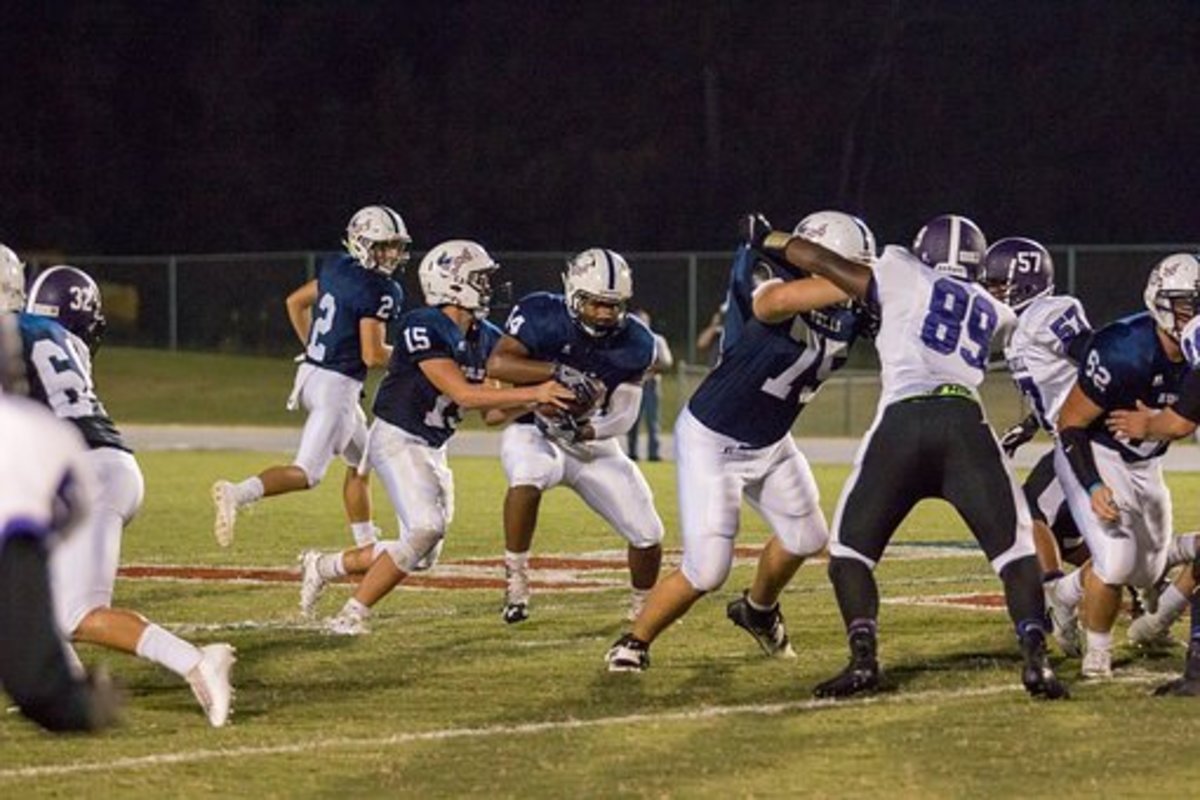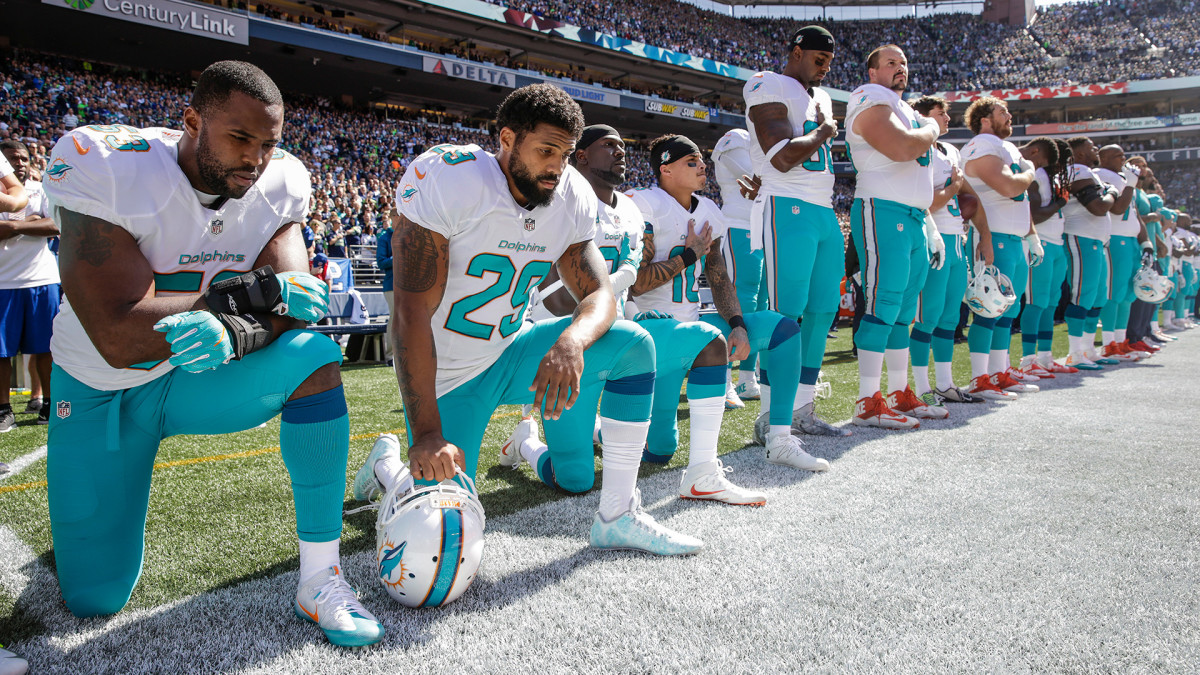The Beginnings Of The Football Game

Football games are now considered the most popular sport worldwide. Players of this game are ranked among the highest grossing players in the world. All sports historians agree that the game of football originated in China, where it was called "Tasucho". Three hundred years ago, during the reign of the "Han" empire, soldiers of the royal army used to play this game. In this game, a net was made between two wooden poles in the middle of the match, and players from both teams tried to pass the ball in opposite directions. The team whose players hit the net more often than the team would have been the winner.
Historians also agree that in Japan, a game similar to football was played in which one team consisted of twelve players and the two teams competed fiercely against each other. Players used to stand in a relatively limited space, with the help of the feet passing each other without applying the ball to the ground. In this era this game was called "Camry". The game is still played in different parts of Japan today. There are some references in history that prove that the first football match was played between China's "Tasucho" and Japan's "Camiri" players fifty years ago, however, between players from both countries 611 There is solid evidence of a match. In ancient Greece, a game similar to football was called "asciros" in which lines were drawn on both sides of the field, as well as in the middle of the ground. The number of players on both teams cannot be stated with certainty, but so much so that the number of players on both teams was equal and after the ball was thrown behind the line from their heads to the opposing team, The rival team was trying to get behind the line. After the discovery of rubber in Mexico and Central America in the 600s and 1600s, residents began playing a game similar to football, with a long space on either side of the wall. The line was to pass the ball between the stone or the color of the wood.
The history of the game of football mentioned above makes it clear that similar games are played in different continents and countries of the world, and they can all be called evolutionary stages of football. However, today, when football is recognized as the most popular sport in the world, the most important name in this regard is England, where the football game came after the famous event. In which, after beheading a prince of Denmark, the army lifted him from his thighs to each other and celebrated his victory. What was it then, the rest of England got a new game like this. Animal leaf was initially used as a ball for this purpose, and there is strong evidence in history that the first match of football was played between the natives of East England during the eighth century. The game became so popular with soldiers of the Royal Army that they abandoned archery drills and started playing and watching matches. Since that time, there has been a lot of noise from fans during football matches. So his complaints reached the royal court. Consequently, the game was banned for the first time in the fourteenth century by the king's time in the fourteenth century due to soldiers' participation in archery exercises and the aforementioned grievances. given. This ban lasted for centuries and the reigns of various kings and kings. However, the ban on football games and numerous incidents of violence during the match could not end the game's popularity. Even in 1605 the game was legally allowed to play again.
In the meantime, the citizens of Canada and Alaska were so impressed with the game of football that they began playing the game "AQSAQTUK" on the ice, filling the ball with grass and other similar things. In this game, the distance between the two goals sometimes covered miles, and entire villages participated in competitions against each other.
Rules and regulations
The rules regarding the game of football were made in 1815 at Elton College England. Gradually the game of football engulfed the Americans, and in 1820 football competitions between the Northeastern Universities of America and the colleges of Harvard, Princeton, Amherst and Browns began. The rules of the game of football were revised and renamed the "Cambridge Rules" at Cambridge University, England in 1848. All schools, colleges and universities in England agreed to play the game in accordance with these revised rules.
Not to mention Richard Malkister here would be an extreme, because he was the one who made an unforgettable role in introducing the sport to educational institutions. He served as head of two prominent London schools, Merchant Tailors and St. Paul's during the 17th century. He was one of the first to play the game, raise the sportsman's spirit within the students, improve his health, develop teamwork and other pursuits, and make it part of regular extracurricular activities. That is probably why football is still a prominent place in extracurricular activities in schools and educational institutions across England.
It is also noteworthy that up until the nineteenth century, the game of football was only popular among the rich and that is why the rules and regulations of the game of football have always come in the name of major educational institutions. The popularity of the football game in the middle class of England increased at the end of the nineteenth century and over time the popularity of the sport increased not only in England but around the world.








